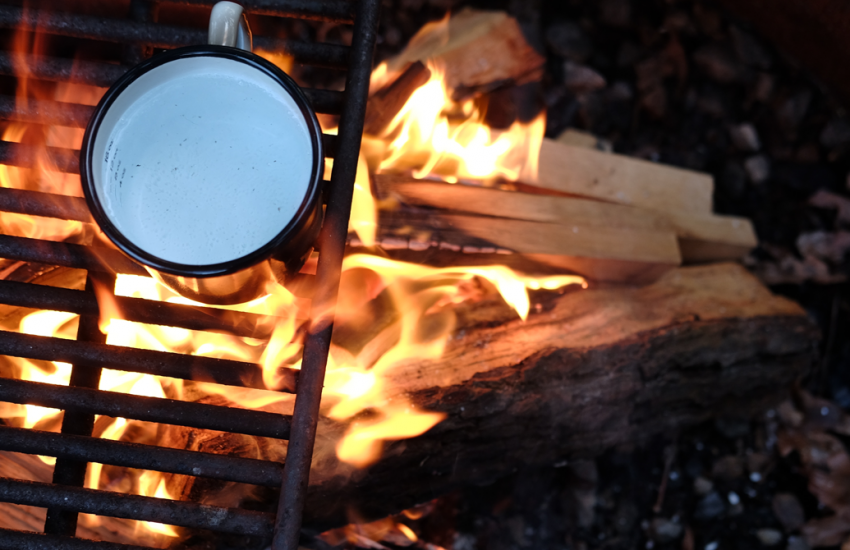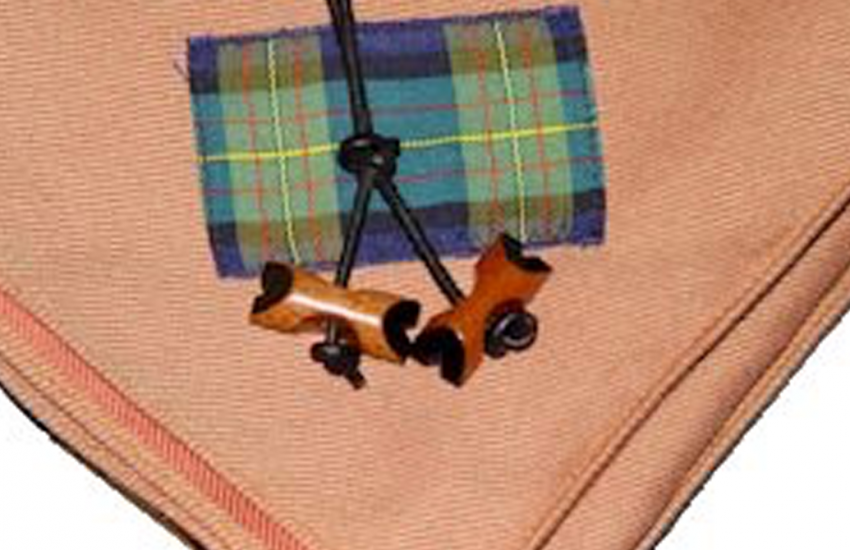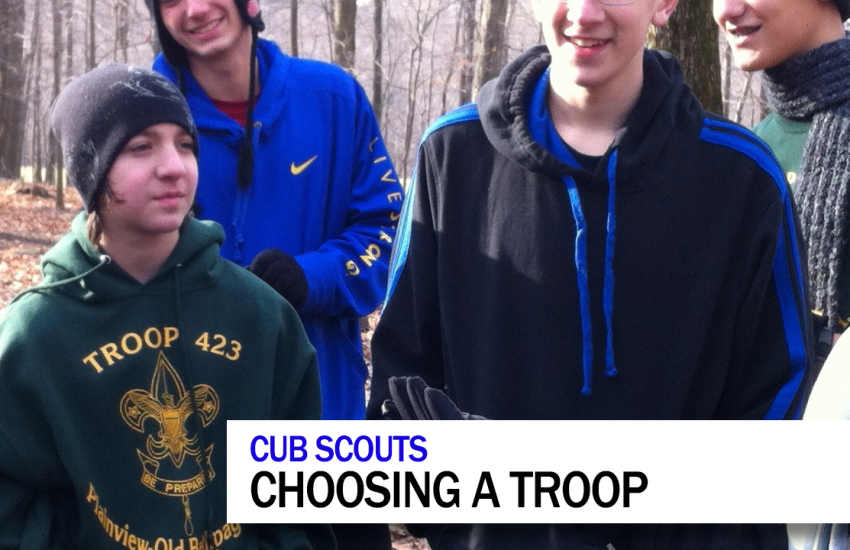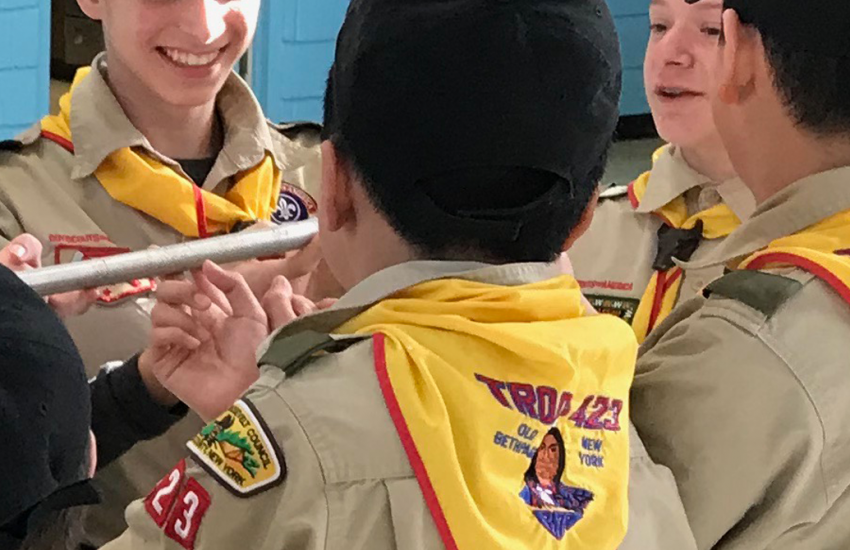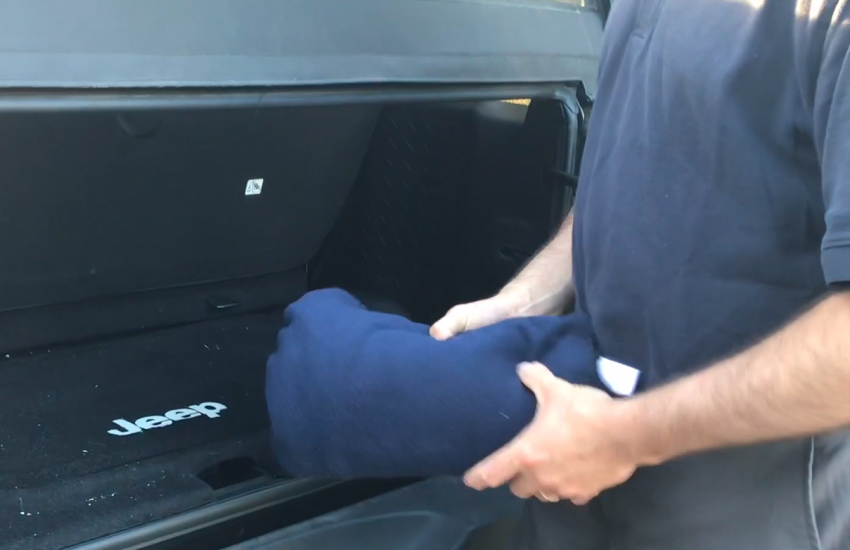How adults and leaders in the scouting movement form lifelong friendships as they provide service to the youth of the program.
Show Notes:
- The Scouting Party: Pioneering and Preservation, Progressivisim and Preparedness in the Making of the Boy Scouts of America (Amazon)
- Scouting for Boys: The Original 1908 Edition (Amazon)
- Aids to Scoutmastership: The Theory of Scouting for Scoutmasters (Amazon)
Transcript:
Most people start giving back to the scouting program locally in their own den, pack or troop by stepping up as a leader or on the committee, and usually their first foray into council activity is seeing the same folks at district camping events or activities like the pinewood derby or cub summer weekends, or maybe attending a district roundtable.
Good or bad, in any council programs get run by the same folks every year, and it grows or contracts slowly. It’s not uncommon for someone to run a district event for 5 or better years, and for some of the older scout helpers to be around long after their boys have left the program.
These people first become nods as you pass them, then to acquaintances you see around; and finally to friends you see and count on to make scouting events run.
It’s no secret that without volunteers that anything currently done at a district or council level just wouldn’t happen. The paid staff is overworked and underpaid with just the tasks of keeping the program moving, so even if you don’t actually lend a hand at any of these events you should minimally treat those that do with respect and not give them a hard time, because they are volunteering their time to make the program better for everyone involved.
But the fraternity of scouting goes beyond actually staffing events. It’s quite insidious in fact. Because as you see the same folks at all these places, they become part of your larger scouting family. You help them out because you don’t want to let them down, because they helped you out when you needed the extra pair of hands.
When you attend Order of the Arrow work weekends and they aren’t there, you inquire to others if they are ok. If there are missing faces at a district roundtable you look around and take note. In essence you are all in this together.
The unsung heroes in all this are of course the spouses who end up without your smiling faces for more weekends then you care to count, and let you go off to lend a hand without much of a fuss.
This fraternity however also suffers from this kind of inbreeding, that it can be difficult to break in to. And while we say we are always looking for help, there can be issues with letting outsiders in. Given a choice, I’m sure that 8 of 10 would prefer a known quantity, with all their quirks and warts, to someone untested.
The flip side of this is of course getting people to help. Recently I was looking for some help in an event and send out 3 emails with very specific needs to people (not a blanket email). One never responded, the second responded that they didn’t know they needed to respond – followed by a “no” and the only yes I got was from someone in my unit, so I can understand the reluctance on relying on new people.
Some programs in scouting try and combat this. Woodbadge for instance insists that 1/3 of all courses include new blood to staff the course. But even when you do pull in new blood, most often if you are running an event, you pull from your own unit, so it’s not really outside of your circle.
Take what you like and leave the rest, and as we say in Woodbadge, feedback is a gift, leave yours below in the comments, with the hope we can all learn together. I’m Scoutmaster Dave, and this was the fraternity of scouting.
